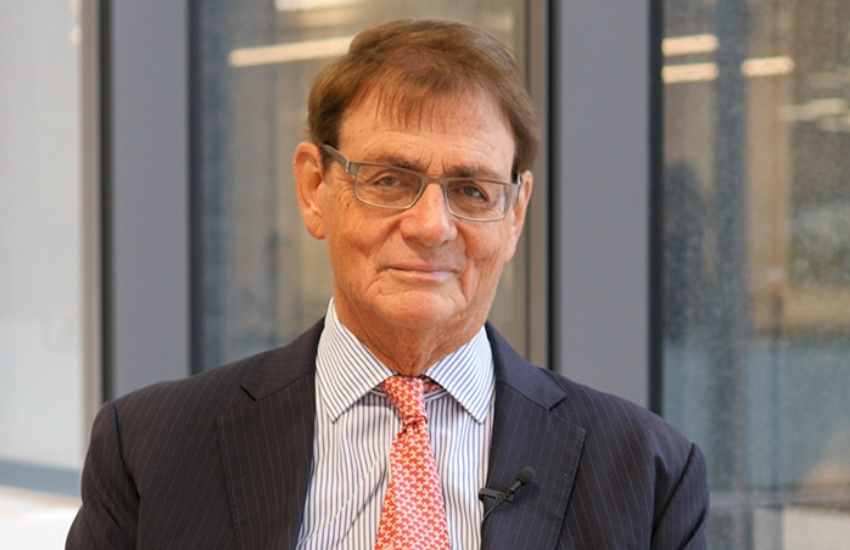The Westpac-Melbourne Institute Index of Consumer Sentiment fell by 5.2 percentage points to 107.2 in June, from 113.1 in May, recording a fall of 9.7 percentage points over the last two months.
Westpac chief economist Bill Evans said the initial fall in May could likely be attributed to a correction following April’s surge to an 11-year high, and even some disappointment around the Morrison government’s 11 May federal budget, “given the high expectations leading into the announcement”.
You’re out of free articles for this month
However, the dip in consumer confidence recorded through June is “almost certainly” due to the uncertainty that accompanied Victoria’s fourth lockdown, he said. Westpac’s most recent survey was conducted during the first week of the state’s circuit-breaker lockdown.
“The index is now back at the level we saw back in January when the country was impacted by significant lockdowns in parts of Sydney and Queensland,” Mr Evans said.
“The fall in the index between the surveys in early January and December — when the country had been comfortably reopening with memories of lockdowns fading — was 4.5 per cent, comparable to the fall we are now experiencing.
“Of course, just as we saw in January, the falls this month are not uniform across the nation. In January, the state most affected by the lockdown, NSW, suffered the biggest hit, -5.3 per cent.”
The latest figures show a fall of 7.5 percentage points in Victoria, while Queensland fell by 4 per cent, and Western Australia recorded a dip of 10.9 percentage points. Meanwhile, the index in New South Wales fell by only 1.1 per cent.
“While the fall in Victoria is to be expected, the significant declines elsewhere may be pointing to considerable insecurity in the small states with respect to their vulnerability to further outbreaks as well,” Mr Evans said, “in some cases, to their particular reliance on Victoria for tourism.”
The index showed that Victoria’s latest lockdown has offered cause for waning confidence in the labour market, too. The Westpac-Melbourne Institute Index of Unemployment Expectations jumped by 8.2 per cent in June, meaning that more respondents expect a higher rate of unemployment in the year ahead.
Compared to other states, confidence in NSW remains strong. Consumer confidence in NSW is now 15.4 per cent higher than it is in Victoria, 11 per cent higher than Queensland, 19.3 per cent higher than Western Australia, 14.4 per cent higher than South Australia and 29.6 higher than it is in Tasmania.
“In contrast, the index in NSW fell by a meagre 1.1 per cent, highlighting the confidence the state has in its capacity to contain the virus,” Mr Evans said. “That resilience in NSW, our largest state, will be very important for supporting national sentiment and, in turn, sustaining the economic recovery.”
The June index also points to emerging concerns over inflation. Mr Evans said that has likely played a role in this month’s fall in consumer confidence, too, as housing-related sentiment shows further signs of stress as well.
The “time to buy a dwelling” index fell again in June, its fifth straight monthly decline, as it fell 7.1 per cent — 27 per cent below what it was in November last year.
Prospective home buyers are showing signs of feeling priced out of the market, as house prices surge and affordability wanes. The index suggests that owner-occupier activity, particularly among first home buyers, is likely to fade.
“Victoria was again a standout, with buyer sentiment recording an 11 per cent drop in the month and a 24 per cent slump over the last two months,” Mr Evans said. “Price expectations are also showing signs of turning lower, although consumers are still very bullish on the house price outlook.”
The Westpac-Melbourne Institute House Price Expectations Index declined by 3.6 per cent in June but remains in strongly positive territory at 157.
“The June update highlights the message the sentiment survey has been sending for some months — of a major rebalancing in housing activity towards investors and away from owner-occupiers.”

 Login
Login







